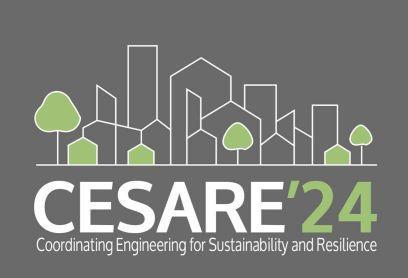Speakers
Description
The urban circular economy is a highly effective approach to both waste management and the utilization of resources. Many cities have already adopted best practices based on circular economy principles. However, implementing such practices requires multi-stakeholder engagement, new business models, and collaboration between cities. Some successful strategies exist, ranging from urban agriculture and waste-to-energy to sharing economies, industrial symbiosis, and sustainable mobility, as well as eco-design, waste prevention, and the extension of product life. By adopting circular economy practices, cities can support economic growth, reduce environmental impact, and create social benefits, thereby moving towards a more sustainable future. In this regard, this study aims to analyze circular economy practices at the urban circularity level, by assessing their impacts on economic growth, environmental sustainability, and social benefits. To achieve this goal, a literature review is conducted to identify the most widely adopted circular strategies in cities. Comprehensive data collection, encompassing quantitative and qualitative measures, including economic indicators, environmental metrics, social assessments, and stakeholder feedback on the implementation process. Following this, a framework is proposed for assessing the impact of urban circularity on economic growth, environmental sustainability, and social benefits. Several methods can be used to measure the impact of these practices, including economic and environmental indicators, material flow analysis, life cycle assessments, and social indicators such as community engagement. Furthermore, a case study is presented as a means of testing the framework and illustrating its potential to be replicated. The case study results show that urban circularity can be effective in achieving a balance between economic growth, environmental sustainability, and social benefits. The study also provides insights into the potential of urban circularity as an effective tool for sustainable
| Keywords | urban circular economy, sustainable urban development, economic growth, environmental sustainability, social benefits |
|---|---|
| Topics | Impact of climate change on the built environment-Smart cities-Circular economy- Green buildings-Waste management-Integration of renewable energy at building and small urban area scales |

